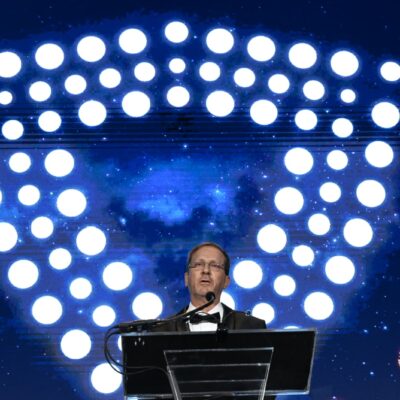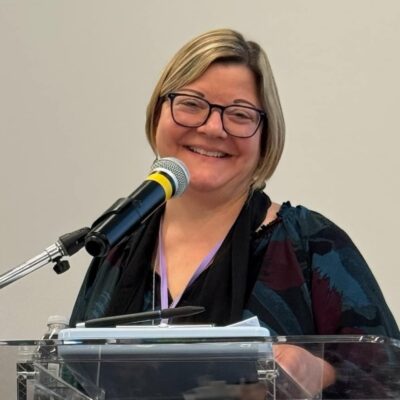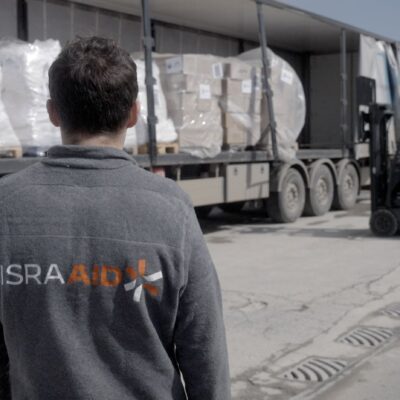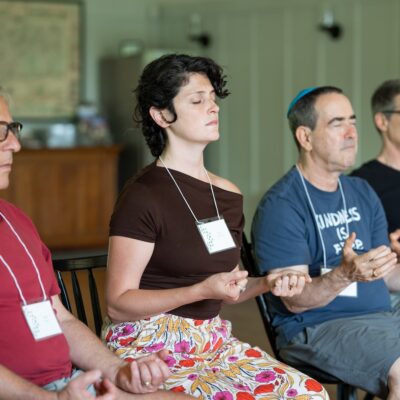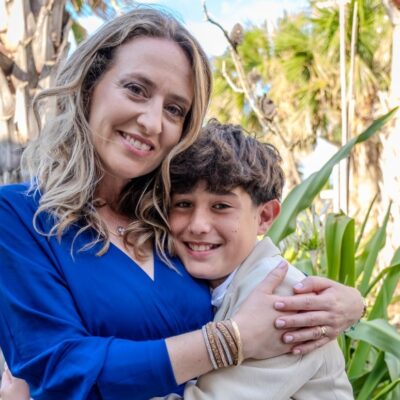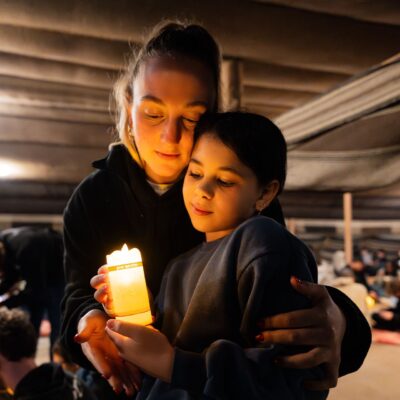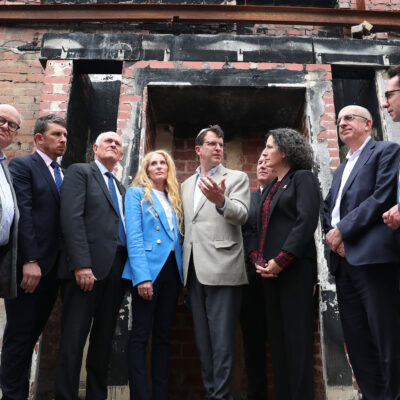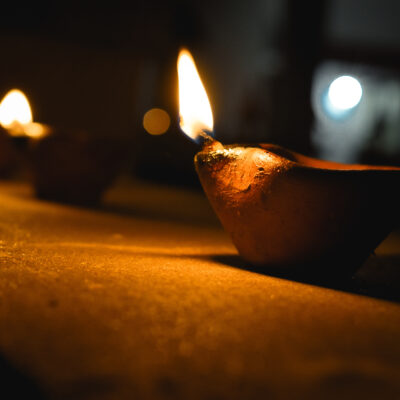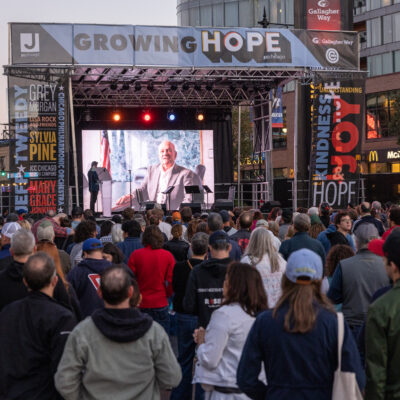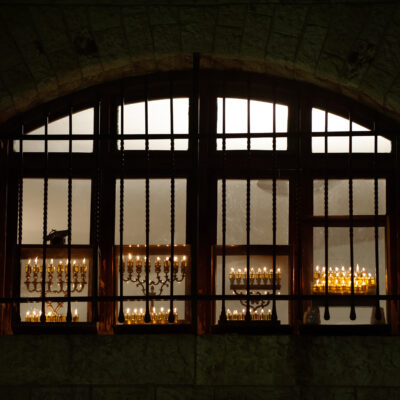PARTNERING FOR THE PLANET
Adamah and UJA-Federation of New York team up to provide $130K in matching grants to support energy efficiency

Image by Kevin Snyman from Pixabay
When the Westchester Torah Academy opened in 2013, its goal was to provide great education at an affordable price.
“Our whole model is looking at every dollar, looking for cost savings, looking to be very efficient in what we do,” Michal Paley, the Modern Orthodox day school’s president, told eJewishPhilanthropy. “It’s not just not to spend, but to spend wisely and effectively.”
A year and a half ago, Paley read about a local synagogue installing solar panels partially funded by Adamah, the largest Jewish environmental organization in North America. It was right up the Westchester Torah Academy’s alley. “If something has shown to be helpful in some way that would benefit our students, our parent body or faculty, we jump on it.”
The Westchester Torah Academy became one of the early members of Adamah’s Jewish Climate Leadership Coalition, which is made up of over 330 Jewish community organizations nationally who acknowledge that climate change is real, man-made, and they want to do something about it. As part of the coalition, they were eligible for Adamah’s Climate Action Fund, providing them with $7,500 towards implementing solar panels.
Since its launch in 2023, the Climate Action Fund has awarded 34 organizations with $549,359 in loans and $196,550 in matching grants, collectively saving over $562,000 in utility costs and reducing greenhouse gas emissions by over 1,040 metric tons per year. Now they are zeroing in on the New York City area.
Prompted by a new law that aims to make New York City carbon neutral by 2050, Adamah is teaming with UJA-Federation of New York to offer $130,000 in matching grants to support energy efficiency in Jewish day schools, yeshivot and synagogues in New York City, Long Island and Westchester.
“This is a unique and really significant moment in time that is likely foreshadowing what’s to come,” Shahar Sadeh, founding director of Adamah New York, told eJP. Under New York’s Local Law 97, buildings over 25,000 gross square feet must make moves to decarbonize or be penalized. Such moves will save organizations on utility bills, while inaction will cost them in fines. “We have a moral compulsion to act, a financial incentive, and then a legislative demand to act.”
To qualify for a matching grant of up to $10,000, funded by the New York federation and administered by Adamah-NY, organizations must be part of Adamah’s Jewish Climate Leadership Coalition, which currently has over 70 members in the New York City area. Grants can be used for anything from sourcing clean electricity, purchasing new appliances, installing EV charging stations and changing out windows and light bulbs.
“The return on investment is very substantial,” Sadeh said. “Once those institutions implement those changes, they become stronger because they save money, and that will free up needed programmatic money.”
When the Climate Coalition first launched two years ago, the norm was that Jewish organizations knew there was a need to act, but didn’t know how, Liore Milgrom-Gartner, deputy climate action director of Adamah, told eJP. Today, organizations are taking action, which is a process, but the coalition is there to guide them. “The most important thing is to get started.”
There are also federal and municipal initiatives available. The Westchester Torah Academy’s solar panel project is projected to cost $270,000. They expect a federal tax credit of $44,000 and a NYSERDA tax credit for $120,000. The synagogue will be left with about $110,000 to raise.
“We’re looking at a significant financial benefit,” Paley said. “After five to six years, when we break even, that’s when we reap the benefits.”
The changes at the school go beyond simply adding solar panels. The Climate Action Committee helped them shift their entire outlook, evaluating their program for waste and helping them make changes, some which cost nothing to implement. “Sometimes it’s the small things and sometimes the big things,” Paley said.
The school has modified lunch plans to lessen waste. Lunch is served on smaller plates. Students bring reusable water bottles from home instead of disposable ones. Bike racks will be added to the property to encourage biking, and more trees will be planted.
“We’re role models for the neighborhood,” Paley said. “It’s really lovely that people could see measures that we take and what we’re doing to be conservative in our waste and be aware of the climate.”
Many in the Jewish community are struggling with climate anxiety, and “taking action is the best way to start calming those anxieties,” Sadeh said.
Members of the Jewish community want their institutions to align with their values, Milgrom-Gartner said. “There’s a piece of walking into a building and knowing that there are solar panels on the roof and that food isn’t going into a landfill and the AC isn’t blaring to 60 degrees in the summer.”
The Jewish people are a resilient people, Sadeh said, and this is just another way we are adapting to changing times.
“Climate change is not in the future. It’s in the present, and we need to talk about it in present tense,” Sadeh said. “If we want to make sure that generations to come will still be around and will be able to enjoy our world, we need to do this.”

 Add EJP on Google
Add EJP on Google
